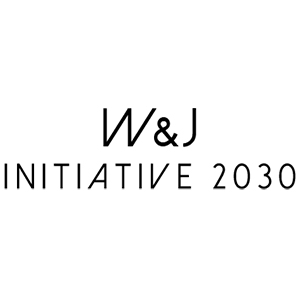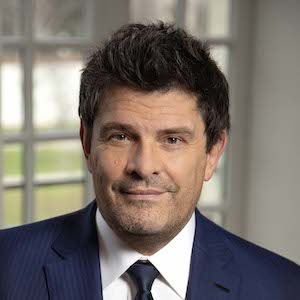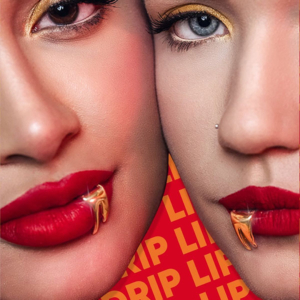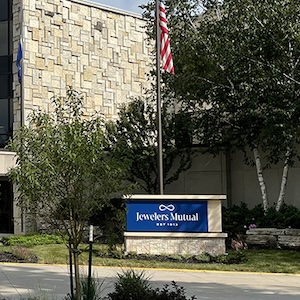
The newly formed Watch & Jewelry Initiative 2030 aims to turbocharge industry sustainability efforts by committing companies to specific environmental and social governance goals.
The group, which is open to other national and international companies in the industry, was started last week by Cartier and Kering, in partnership with the Responsible Jewellery Council (RJC).
“We are making it a top priority to get things done,” Cartier CEO Cyrille Vigneron tells JCK.
He says that consumers increasingly expect companies to consider their environmental and social footprints.
“No one wants to ride on an airline that’s not safe,” he says. “It will be the same way with this. In the future, consumers aren’t going to do business with a company that isn’t doing the right thing.”

The new initiative aims to push sustainability efforts forward by setting an aggressive set of targets, says Jean-François Palus, managing director for Kering, the luxury conglomerate that owns a variety of watch and jewelry brands including Pomellato, Boucheron, and Ulysse Nardin.
“We need to lead the way,” Palus says. “We need all our suppliers to move in the same direction. Everyone involved in the supply chain has to get involved. There needs to be collective action.”

RJC executive director Iris Van der Veken calls the new initiative an “action platform” that will accelerate industry action on the United Nations’ Sustainable Development Goals.
The initiative intends to focus on three efforts: building climate resilience, including achieving net-zero climate impact by 2030; preserving resources for nature and communities; and fostering inclusiveness across the value chain.
“These two CEOs are stepping up to bring sustainability to the next level,” Van der Veken says. “These brands have an aspirational role and a leadership role, so their efforts will cascade throughout the broader supply chain. They’re becoming a driver for positive change and are looking at ways to accelerate action and measure impact.”
The group plans to lay out specific goals, and the RJC will publicly report on whether companies have achieved them, Van der Veken says.
“The objective is to develop a system to manage and monitor their progress,” she says.
Palus says the initiative will be particularly beneficial for smaller companies, which often lack the resources to develop a full-blown sustainability plan.
He compares it to the Fashion Pact, a group launched by Kering to promote sustainability in that sector. It now includes 250 companies.
“The Fashion Pact had to start from scratch,” says Palus. “We already have the RJC, so we can go even faster.”
The RJC will be supporting the new initiative with training and education, says Van der Veken. The brands will also ask their suppliers and subcontractors to become RJC-certified.
“They don’t want to reinvent the wheel,” she says. “That’s why they are building on existing standards such as the RJC’s.”
The group plans to form a stakeholder advisory committee that will include advocacy groups, academics, and financial institutions.
(Top image courtesy of the Responsible Jewellery Council)
Follow JCK on Instagram: @jckmagazineFollow JCK on Twitter: @jckmagazine
Follow JCK on Facebook: @jckmagazine





